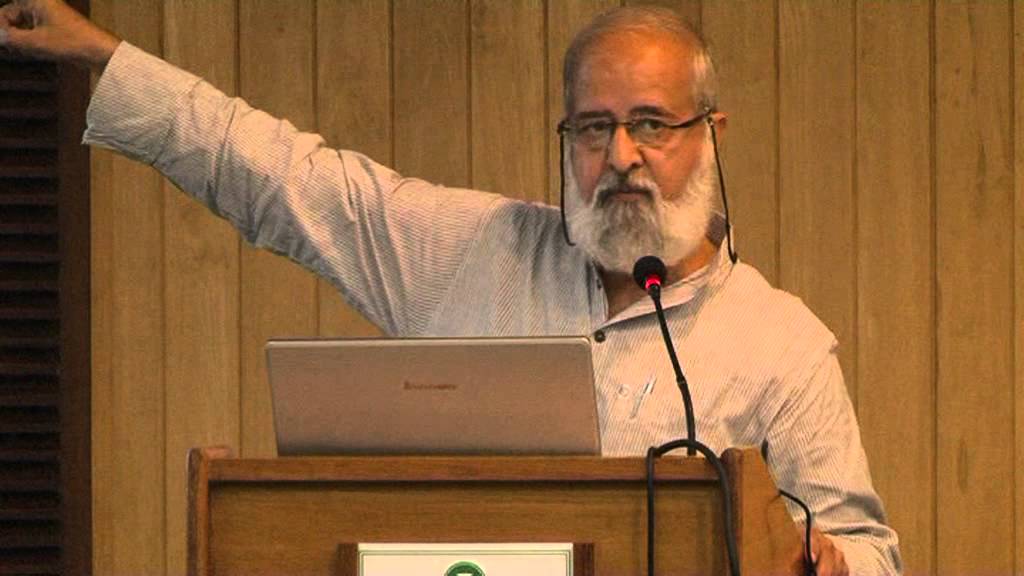Human life is priceless. The Quran 6: 51 and 25: 68 cautions, “Do not slay the soul sanctified by God, except for just cause.” Sohail Hashmi has explored the views of modern scholars on when to preserve life and when to take it. He focuses on modern scholars because they seek to reinterpret the grounds for war – classical scholars were mainly preoccupied with how to conduct war because to them war was a norm; hence, one did not need to develop principles on when to go to war. Hashmi’s focus on modern scholars is also informed by the presence international law which is at tandem with Islamic. Hashmi discusses the views of Abu al Mawdudi, the founder of Jama ‘at-I Islam, Muhammad Hamidullah, and Wahba al- Zuhayli. The three scholars adopt the same methodology and substance in the study of the theory of jihad and more importantly they mostly concur on the ethics of killing and saving life. This article will examine their views on jus ad bellum.
Mawdudi’s position is that of the Quran: only a just cause can justify taking a life, otherwise human life is sacred (Q6:151). According to Mawdudi just cause can be defensive or reformative. He contends that life can be taken in the case of homicide, when one is retaliating. Though he does not explain the rationale behind this, one can deduce that a murder is a danger to the society, hence should not be allowed to live. This position is however controversial given the recent debates on death sentence; whether human beings do have a right to take another life in contexts out of war. Mawdudi’s also argues that one who opposes the spread of Islam or one who spreads disorder in the domain of Islam has no right to hold onto his or her life. He further adds two more justifications from the hadith, namely: adultery and apostasy. These are contested justifications in the modern era. Issues such as apostasy have elicited a lot of debate in the recent past. The changing landscape in the nature of religion and its relationship with the state has necessitated some scholars to argue that apostasy ought to be redefined in the contemporary world where separation of state and religion is the norm. Why would anybody be killed for turning his back on a religion?
Hamidullah contends that Muslims have always thought of war as something unavoidable, but not desired. Like Mawdudi he also points out that life can be taken in the case of defense. But he goes further to include other justifications such as sympathetic, and punitive. He explains that Muslims can take lives in war where they are defending their allies.
Zuhayli on his part contends that war is a necessary aspect of human existence, one sanctioned by the Quran for self-defense and preserving a just society. Like Mawdudi, he argues that war can be waged against those who block the preaching of Islam. He does not explain how the explosion of technology affects the way Islam is preached or how the ever tight state borders affect the preaching of Islam. Whereas it was easier to enforce this justification in the early centuries of Islam, the modern world poses numerous challenges. There are now laws which stipulate what one can do beyond the borders of his or her country. Nowadays, preaching is an activity that is well undertaken by none state actors who do not have much power compared to governments.
The three scholar’s views on jus in bello are well aligned with the Geneva conventions and the Just War Theory. They all draw a distinction between combatants and ex-combatants and then goes ahead to state that ex-combatants must not be killed. They also concur that prisoners of war should not be killed; instead, they should be set free or ransomed. On Weapons of Mass Destructions, the scholars disagree. Mawdudi argues that Muslims are obliged to develop and acquire all types of weapons (Q 8:60). Zuhayla contents that WMD should be permitted but must only be used as a last resort and only in retaliation.

